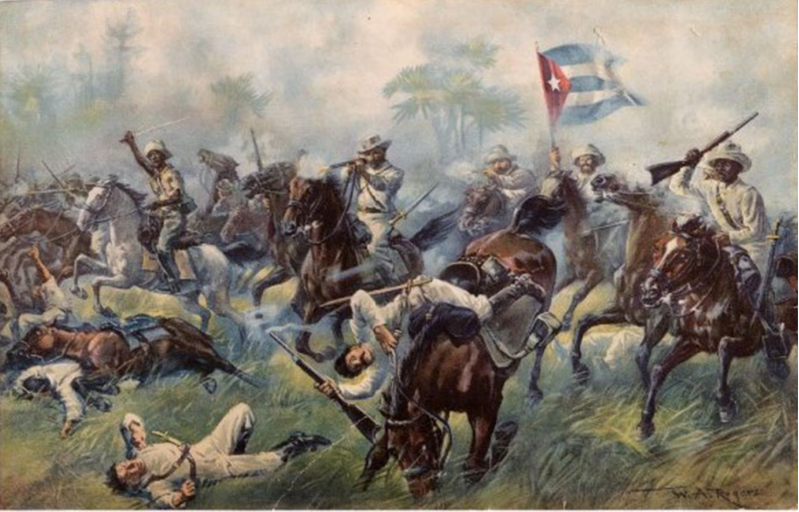
Havana, October 10 (RHC)-- Cuban President Miguel Díaz-Canel today evoked the significance of the beginning of the struggles for independence from Spain, on October 10, 1868.
In his account on X, the president said that October 10 “was the accumulation of yearnings and purposes, and it was also the first tangible space of freedom, the first piece of land where everyone was for the first time equal in their human condition.”
In another message, Díaz-Canel recalled the words of the historic leader of the Cuban Revolution, Fidel Castro, on the centenary of those events.
Authorities of the Caribbean nation also alluded in X to the significance of the date in the struggle for Cuba's independence and sovereignty.
Foreign Minister Bruno Rodriguez stressed on the platform that, 156 years later, the Cuban Revolution has made possible the construction of a free and sovereign nation, with the lineage of (Carlos Manuel) Cespedes, the firmness of (Antonio) Maceo, the ideas of (Jose) Marti and the leadership of Fidel (Castro).
156 years ago, the struggles for the independence of #Cubabegan.
On October 10, 1868, at the La Demajagua sugar mill in Manzanillo (east), Bayamese lawyer Carlos Manuel de Céspedes kicked off the Caribbean island's independence struggles by leading a group of patriots who wanted to throw off Spain's control.
The patrician also marked the abolitionist character of the struggle, since he granted freedom to his slaves, whom he summoned to the fight as free men.
A manifesto read that morning at sunrise, not only endorsed those principles, but also the willingness to turn Cuba into a great and civilized nation that would extend “a friendly arm and a fraternal heart to all other peoples.”
The revolutionary outbreak of October 10, 1868 was the beginning of the first war for independence, which lasted 10 years, showed the maturity of a patriotic national conscience and forged the Cuban nation.
Although it did not culminate with the realization of the aspirations that drove it, it was the spark that later gave rise to the so-called Little War (1879-1880) and the Necessary War (1895-1898), the latter organized by the National Hero, José Martí. (Source: Prensa Latina)

